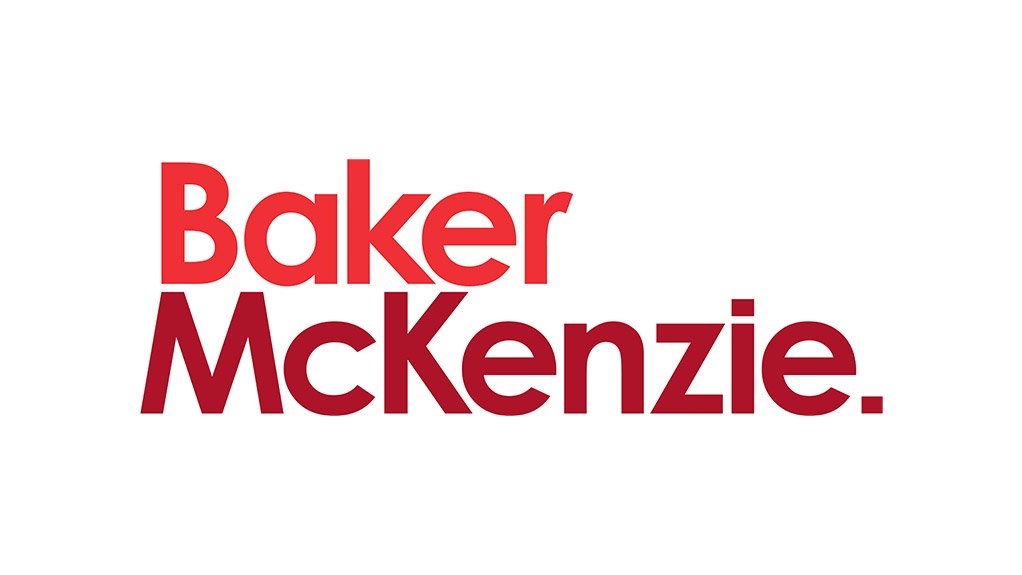On 13 February 2019, the Minister of the Department of Public Services and Administration in South Africa (the Department) released a media statement, causing some unease amongst the general public. The media statement confirmed that the Department has issued an advisory note to all government departments, allowing the inclusion of a social media check when reference checking prospective employees. Short of sliding into your DMs, government departments are now authorised to snoop around your LinkedIn, Facebook, Instagram, Twitter and the like.
It shouldn't come as much of a shock that private companies have been screening job applicants through social media platforms for quite some time. Government is a little slow on the uptake, but this advisory note shows that they too have jumped on the technological bandwagon.
Although the advisory note issued by the Department is purely what the name suggests, advisory, any employers who make use of social media (and other methods) to screen job applicants, must stay within the confines of the law.
Importantly, prospective employers must respect a job applicant's privacy. It may be permissible for the employer to browse through open social media profiles, however, catfishing a potential employee by sending a fake friend request to do some snooping would be a poke too far.
Further, where the information gleaned from an applicant's social media profile, whether public or private, is entered into the employer's record, the Protection of Personal Information Act 4 of 2013 (POPI), when fully enacted, will afford additional protection regarding the applicants' privacy. Although only a limited number of provisions in POPI have been enacted to date, it is expected that the remaining provisions will be enacted this year. POPI will provide the following additional protections:
- the applicant must be informed that his or her personal information is being collected;
- the applicant must consent to the processing of his or her personal information; and
- the record of personal information may not be kept for longer than necessary for achieving the purpose for which the information was collected (in this case, the screening of job applicants).
Perhaps the most relevant risk for employers is an unfair discrimination claim lodged by a disgruntled and unsuccessful job applicant. The Employment Equity Act 55 of 1998 (EEA) prohibits unfair discrimination against both employees and applicants for employment on the grounds of race, gender, sex, pregnancy, marital status, family responsibility, ethnic or social origin, colour, sexual orientation, age, disability, religion, HIV status, conscience, belief, political opinion, culture, language, birth or any other arbitrary ground.
In light of this, employers should exercise great caution when relying on information gleaned from social media profiles. For example, declining to make an offer of employment because of a social media profile that depicts a particular religious belief, sexual preference, political affiliation or any other prohibited ground would amount to unfair discrimination. The unsuccessful job applicant would be entitled to lodge a dispute with the Employment Tribunal within six months from the date of the discriminatory conduct. Upon finding that an applicant has been unfairly discriminated against, the Employment Tribunal could impose a just and equitable remedy. Such a remedy could include the payment of compensation and/ or damages by the employer to the employee.
Whilst employers should tread lightly when screening job applicants, an employer is empowered to make hiring decisions, based on results from social media screening, that are linked to the inherent requirements of the job. For example, where a job requires an employee to be politically neutral, and during a social media check of the applicant it becomes clear that the applicant has strong political affiliations, it would not necessarily constitute unfair discrimination not to offer the applicant the job.
In practice, it may be difficult for an unsuccessful applicant to prove that they did not get the job due to unfair discrimination. However, the risk for employers is tangible and the repercussions of an unfavorable award can extend past a monetary blow and end up in an unpleasant media storm.
Provided that employers snoop responsibly, social media checks may provide some useful intel on prospective job applicants and so we understand why employers are clicking the like button.
Written by Tracy Robbins, Associate; and Julia Olley, Candidate Attorney, Employment & Compensation Practice, Baker McKenzie Johannesburg
EMAIL THIS ARTICLE SAVE THIS ARTICLE ARTICLE ENQUIRY
To subscribe email subscriptions@creamermedia.co.za or click here
To advertise email advertising@creamermedia.co.za or click here











